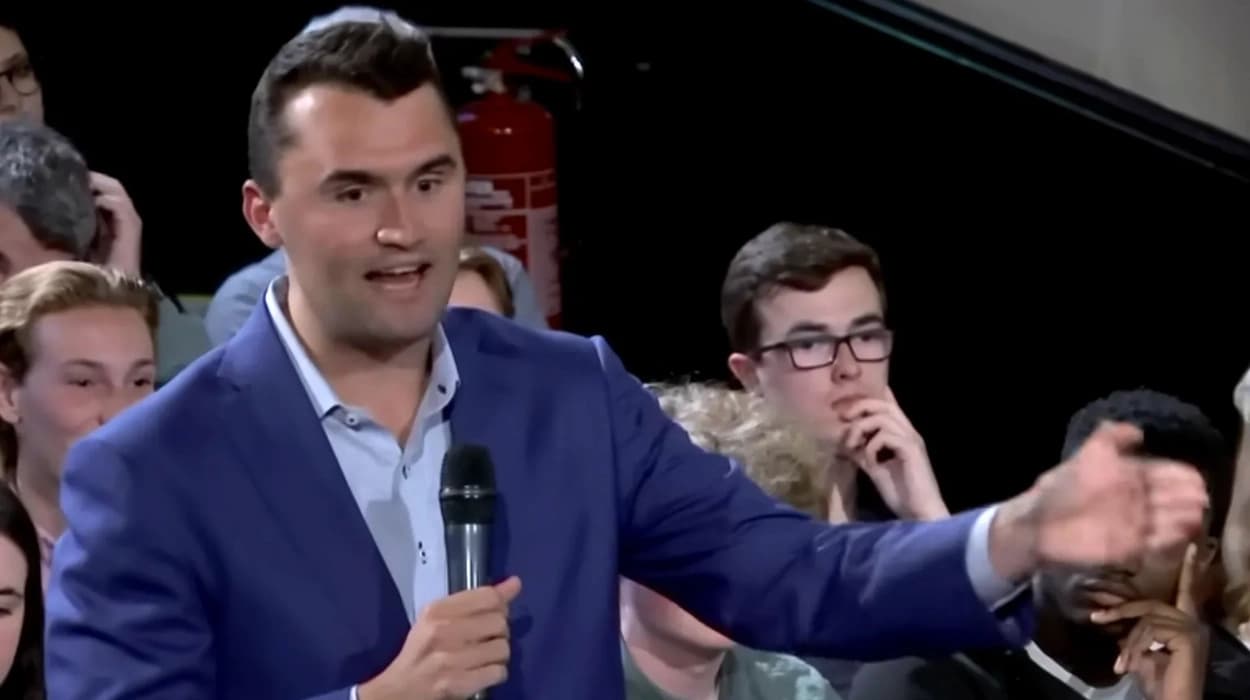Summary
- Members of Congress are limiting outdoor events.
- Rising fear follows Charlie Kirk’s assassination in Utah.
- Lawmakers emphasize personal safety amid political violence.
- Many events were postponed or held behind closed doors.
According to an aide on Thursday, New York Democrat Representative Alexandria Ocasio-Cortez is delaying a protest that was originally planned in coordination with the state Democratic Party and was set for Sunday in Raleigh, North Carolina.
"After yesterday's events, we are postponing out of an abundance of caution. We hope to hold the event at a later date,"
a senior adviser said. The North Carolina Democratic Party also confirmed the event has been postponed.
Additionally, out of "an abundance of caution," Democratic Sen. Ruben Gallego of Arizona canceled a town hall that was scheduled for this weekend in Las Vegas, he said in a statement.
Two more Democrats, Representatives Sydney Kamlager-Dove of California and Delia Ramirez of Illinois, rescheduled their press conferences that were initially planned to take place outside the Capitol to take place indoors on Thursday.
A source familiar with Kamlager-Dove's event said,
"We moved it inside out of an abundance of caution."
Republican Rep. Nancy Mace of South Carolina, who is running for governor, said she will not hold public events "anytime soon" and will resume carrying a firearm when she returns home and in states where law allows it.
"I am deeply concerned for my safety,"
Mace said.
"I don't care if you're Republican or Democrat, any elected official across the country, if you are vocal, your life is at risk."
In front of thousands of people, Kirk, 31, was shot and killed on Wednesday during an event held by Utah Valley University. The gun used in the shooting has been found by authorities, but the suspect is still at large.
According to officials, the gunman fired from a rooftop, evoking the failed murder attempt on President Trump at an outdoor campaign rally in Pennsylvania in July 2024.
House Oversight Chairman James Comer of Kentucky said the parallels demand a rethinking of how members conduct themselves outdoors.
"You could have had a fleet of security guards, and no one would have noticed a guy laying down on a rooftop,"
Comer told reporters.
"When you talk about security, you need to think about outdoor events probably are going to be a lot fewer in numbers for members of Congress, at least in the short term."
House Speaker Mike Johnson said Thursday,
"We have colleagues on both sides of the aisle who are in a different place this morning than they were yesterday. People have been shaken by this event. Charlie Kirk did not die in a, you know, a car accident. He died in a assassination for his beliefs."
Johnson added,
"If you're going to honor the memory of Charlie Kirk, you do what he did. You stand for your ideas, but you do it with the right spirit, and that reflects who and what we are as Americans, and that's what we're going to try to advance right here as leaders."
Republican Sen. John Curtis, who represents Utah, where the Kirk shooting happened, told Major Garrett on "The Takeout" that lawmakers are "having those conversations" about security in the wake of Kirk's assassination.
"I'm not gonna lie,I'm gonna think twice next time I'm in the major parade, just a few blocks away, right?" Curtis said. "I think all of us are going to be rethinking some things. And I, I hope we come up with a way that allows us to stay very, very connected to those we represent".
What new security measures are being put in place for members of Congress?
Many lawmakers are taking their own personal precautions to expand their security options, by increasing hiring new security personnel, and expanding security at their homes, offices, and on travel.
Public events are more often being moved indoors, staged down, or cancelled altogether to limit exposure, and several members are foregoing town halls to hold smaller, less public meetings.
Some members of Congress said they intend to carry firearms for self-defense wherever legally permissible.
U.S. Capitol Police are working much closer with federal, state, and local law enforcement to improve security procedures and threat assessment for members.

